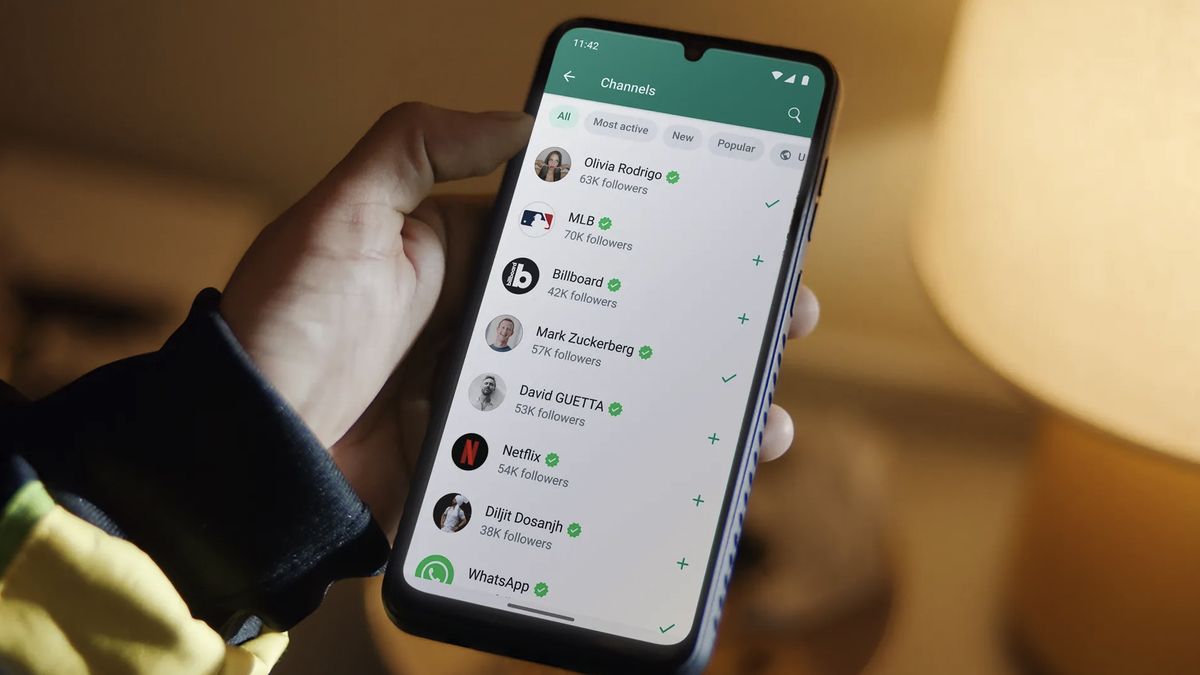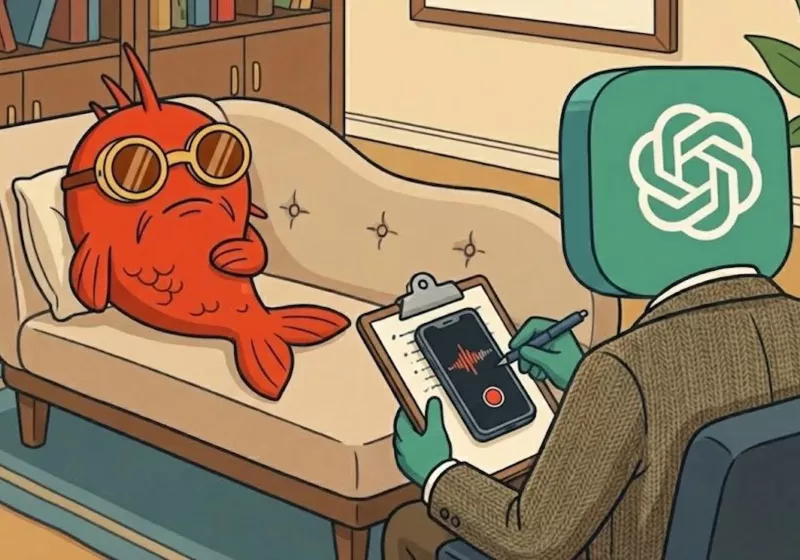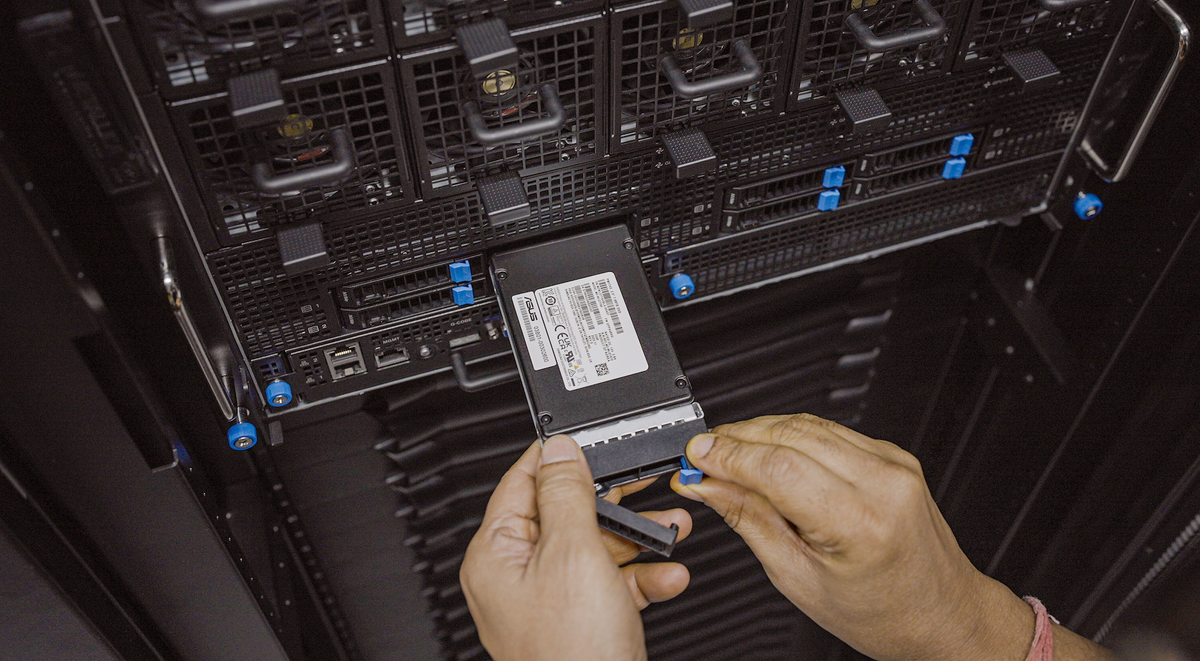It is, once again, a big moment for AI gadgets. This week, in the midst of a flood of news from Google’s I/O, Apple legend Jony Ive, who helped actualize a niche little gadget called the iPhone, announced he’s buddying up with AI boy genius Sam Altman, who—in case you’ve been living in a Ted Kaczynski-style cabin for the past few years—is the face of a similarly teensy little product called ChatGPT. In a reported $6.5 billion deal, OpenAI is planning to buy Ive and his team and put everyone under a new umbrella called io (no connection with Google I/O).
As I wrote previously, what exactly the two are cooking up is still TBD, but we do know a few things for damn sure. First, this is hardware we’re talking about, meaning a real, tangible product you can hold in your hand or (if rumors are to be trusted) put on your desk and/or slide in your pocket. Second, it will have *drum roll, everyone* AI. To no one’s surprise, AI will be the centerpiece of Altman and Ive’s collaboration. What that AI will do, again, is anyone’s guess, but apparently it’ll be useful enough to sell tens of millions of gadgets—or at least that’s what they hope. Those are the cold, hard facts we can count on right now.
And though there is no consumer-ready product to speak of yet—at least as far as we know—the aspirations are likely high for Altman and Ive’s creation. That’s especially clear if you’ve been reading between the lines. While neither of them has said as much officially, whatever Altman and Ive create by way of io will have our favorite device in its sights—the phone. This month, in an interview with Stripe, Ive went as far as to say that the two’s product is a response to the “unintended consequences” of the iPhone. That’s not saying they’re trying to take down the phone explicitly, but it’s not, not saying it, either.
That tacit goal of killing or unraveling the smartphone may be present in other aspects of the mystery gadget as well. According to reports from the Wall Street Journal, the device will be “unobtrusive,” which could mean a lot of things, but most likely means it will not have a screen. According to tech insider and supply chain sleuth Ming-Chi Kuo, the screenless nature of this mystery device is confirmed by “industry research.”
My industry research indicates the following regarding the new AI hardware device from Jony Ive's collaboration with OpenAI:
1. Mass production is expected to start in 2027.
2. Assembly and shipping will occur outside China to reduce geopolitical risks, with Vietnam currently the… pic.twitter.com/5IELYEjNyV
— 郭明錤 (Ming-Chi Kuo) (@mingchikuo) May 22, 2025
So now, the picture we have is a screenless AI device that probably has intentions of unseating the iPhone. If that statement is giving you déjà vu, then you’re not alone—this is starting to feel an awful lot like Humane’s Ai Pin, which, as we know, did not exactly work out the way its creators intended. Just ask HP, which recently bought Humane for pennies to strip the company for spare parts. And while Humane’s Ai Pin will likely be different than whatever io has in store (Ive has said he’s not particularly interested in a wearable in the traditional sense), it’s still, at the end of the day, just like Humane’s Ai Pin; an AI-centric gadget with no screen that wants to unseat the iPhone.
In that way, whatever Altman and Ive do will be compared to the Ai Pin and, for better or for worse, will shape our current and future perception of AI gadgets in general. In fact, I would argue that this moment, over the ascension of Humane’s Ai Pin and Rabbit’s R1, is far more important than both of those combined. Think about it: while Humane’s Ai Pin was eagerly anticipated for being the first flagship AI device and because of its lofty ambitions of changing the way we interact with our phones, the ultimate letdown of the Ai Pin wasn’t exactly a huge shock. With all due respect to Imran Chaudhri and Bethany Bongiorno, the braintrust of Humane, they’re not quite as high-profile as Altman and Ive.
The shadow cast by Altman and Ive is orders of magnitude higher, and as a result, so are the expectations for whatever the two deliver. That’s a strength on one hand, since a lot more people might be interested in buying whatever io releases, but it’s also a liability—less so for Altman and Ive, who will be fine no matter what, but more so for the longevity of AI gadgets. At the risk of being dramatic, if Altman and Ive (and all of the resources their names can summon) can’t make AI hardware click, then who on this green Earth is going to make it happen?
So, I repeat how I started this whole thought: it is once again a big moment for AI gadgets. But maybe that statement doesn’t really cut it. Let me amend: it is now a make-or-break moment for AI gadgets. The great part is that either way, if Altman and Ive succeed where Humane and Rabbit failed or if they flop harder than, I don’t know, Google Glass, it doesn’t matter much. At the end of the day, you’ll still have your glass slab and all that it entails, and with that in your hand, you’ll be too distracted to really notice.









 English (US) ·
English (US) ·